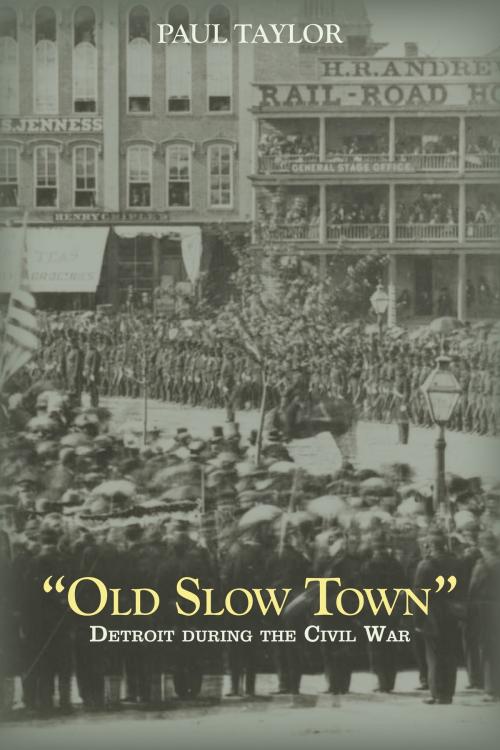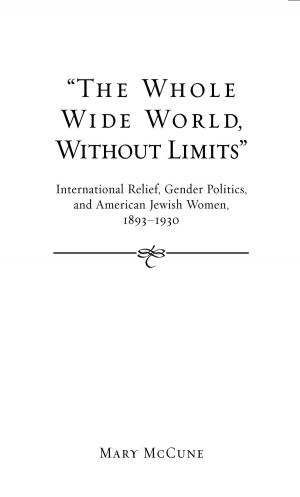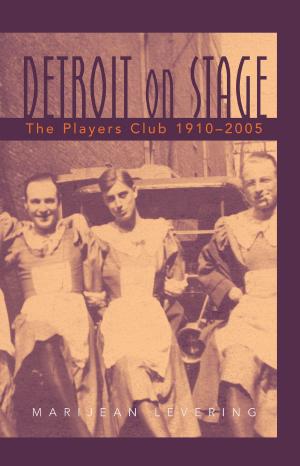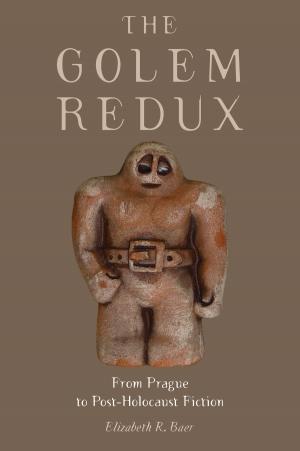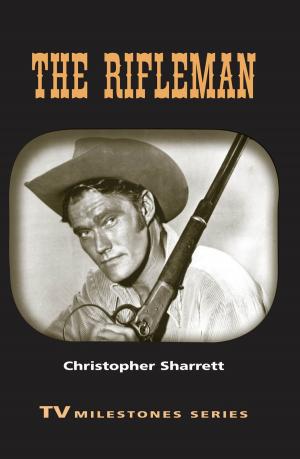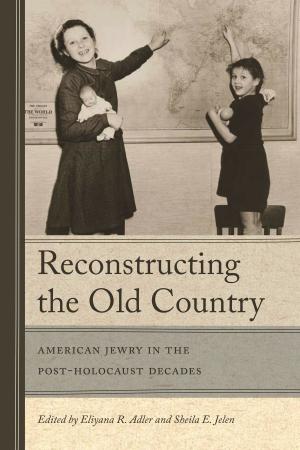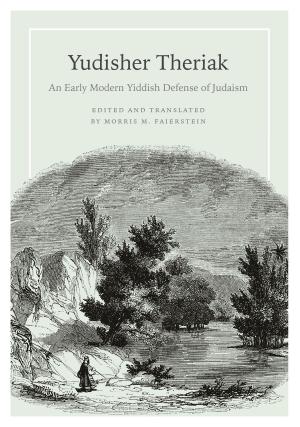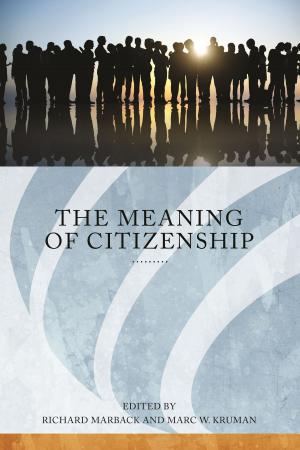"Old Slow Town"
Detroit During the Civil War
Nonfiction, History, Americas, United States, Civil War Period (1850-1877), Military| Author: | Paul Taylor | ISBN: | 9780814339305 |
| Publisher: | Wayne State University Press | Publication: | October 15, 2013 |
| Imprint: | Wayne State University Press | Language: | English |
| Author: | Paul Taylor |
| ISBN: | 9780814339305 |
| Publisher: | Wayne State University Press |
| Publication: | October 15, 2013 |
| Imprint: | Wayne State University Press |
| Language: | English |
Though it was located far away from Southern battlefields, Detroit churned with unrest during the American Civil War. The city's population, including a large German and Irish immigrant community, mostly aligned with anti-war Democrats while the rest of the state stood with the pro-Lincoln Republicans. The virulently anti-Lincoln and anti-Black Detroit Free Press fanned the city's flames with provocative coverage of events. In "Old Slow Town": Detroit during the Civil War, award-winning author Paul Taylor contends that the anger within Detroit's diverse political and ethnic communities over questions about the war's purpose and its conduct nearly tore the city in two. Taylor charts Civil War-era Detroit's evolution from a quiet but growing industrial city (derisively called "old slow town" by some visitors) to a center of political contention and controversy. In eight chapters, Taylor details topics including the pre-war ethnic and commercial development of the city; fear and suspicion of "secret societies"; issues of race, gender, and economic strife during the war; Detroit's response to its soldiers' needs; and celebration and remembrance at the conclusion of the conflict. Taylor's use of rarely seen military correspondence from the National Archives, soldier and civilian diaries and letters, period articles and editorials from Detroit's Civil War-era newspapers, and his fresh, judicious synthesis of secondary sources results in a captivating depiction of Detroit's Civil War history. Until now, why events occurred as they did in Detroit during the Civil War and what life was like for its residents has only been touched upon in any number of general histories. Readers interested in American history, Civil War history, or the ethnic history of Detroit will appreciate the full picture of the time period Taylor presents in "Old Slow Town."
Though it was located far away from Southern battlefields, Detroit churned with unrest during the American Civil War. The city's population, including a large German and Irish immigrant community, mostly aligned with anti-war Democrats while the rest of the state stood with the pro-Lincoln Republicans. The virulently anti-Lincoln and anti-Black Detroit Free Press fanned the city's flames with provocative coverage of events. In "Old Slow Town": Detroit during the Civil War, award-winning author Paul Taylor contends that the anger within Detroit's diverse political and ethnic communities over questions about the war's purpose and its conduct nearly tore the city in two. Taylor charts Civil War-era Detroit's evolution from a quiet but growing industrial city (derisively called "old slow town" by some visitors) to a center of political contention and controversy. In eight chapters, Taylor details topics including the pre-war ethnic and commercial development of the city; fear and suspicion of "secret societies"; issues of race, gender, and economic strife during the war; Detroit's response to its soldiers' needs; and celebration and remembrance at the conclusion of the conflict. Taylor's use of rarely seen military correspondence from the National Archives, soldier and civilian diaries and letters, period articles and editorials from Detroit's Civil War-era newspapers, and his fresh, judicious synthesis of secondary sources results in a captivating depiction of Detroit's Civil War history. Until now, why events occurred as they did in Detroit during the Civil War and what life was like for its residents has only been touched upon in any number of general histories. Readers interested in American history, Civil War history, or the ethnic history of Detroit will appreciate the full picture of the time period Taylor presents in "Old Slow Town."
